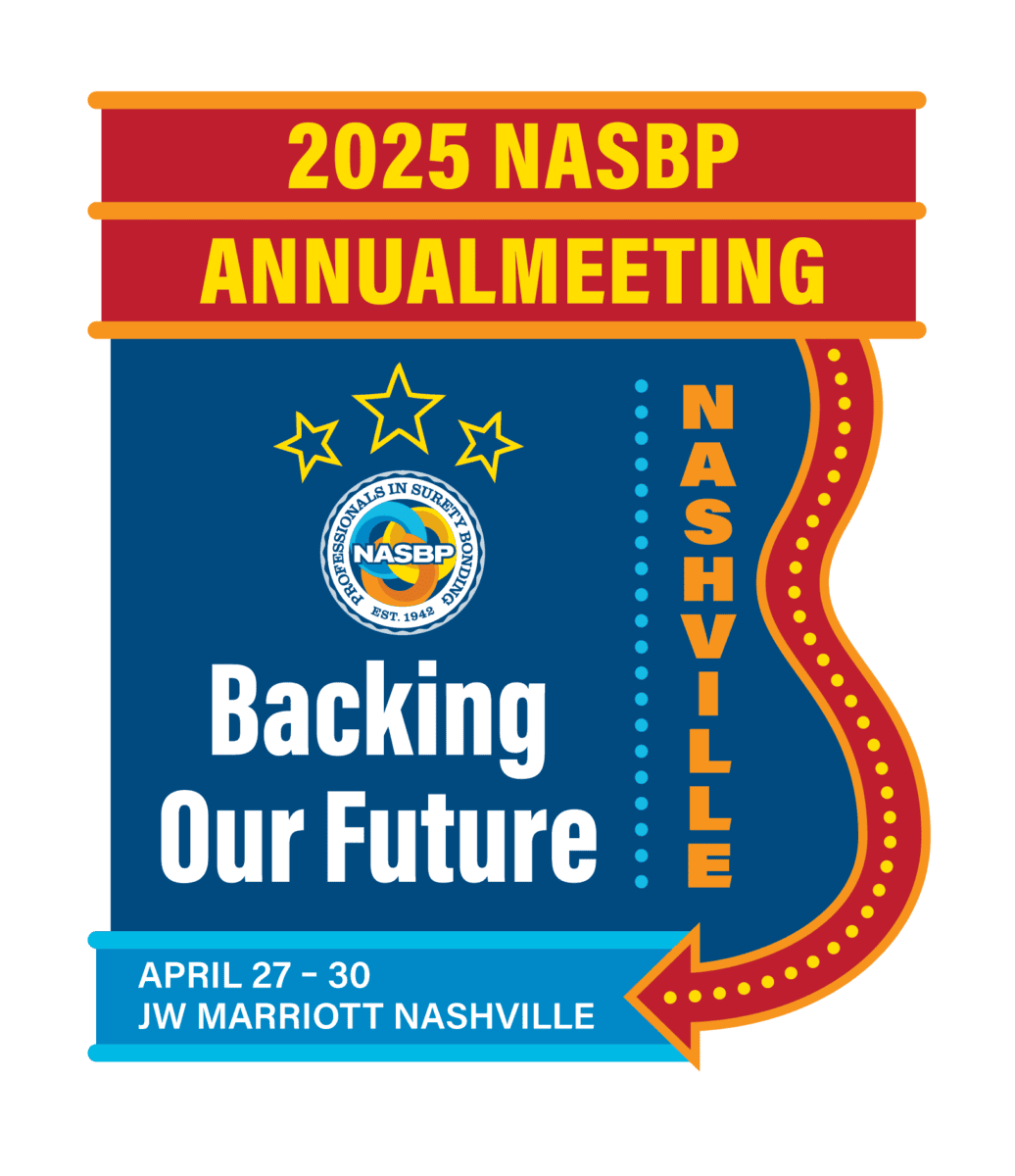
Federal Court Enforces Settlement Agreement in Favor of Surety
Defendant Colston Construction Inc. (Colston) contracted with the U.S. to perform construction work on the VA Hospital in New Orleans. Colston then subcontracted with Fabricari, LLC (Fabricari) to perform work on the project.
Defendant/Cross Claimant/Third-Party Plaintiff Developers Surety and Indemnity Company (Developers) issued payment and performance bonds on behalf of Colston for the project. To induce Developers to issue the bonds, on September 13, 2018, Colston and Third-Party Defendant Jacob Colston executed an Indemnity Agreement in favor of Developers, agreeing to “fully and continuously indemnify Developers against any and all loss or expenses of every kind or nature relating to the bonds.”On January 11, 2022, Fabricari filed suit against Colston and Developers related to the outstanding amounts due to it under its subcontract with Colston. On March 20, 2023, Developers filed a cross-claim against Colston seeking, under the Indemnity Agreement, payment for sums it had paid to Fabricari under the payment bond.
The court’s analysis focused on the enforceability of certain terms in the Settlement Agreement. Developers argued that Colston had failed to make all four payments by the due dates agreed to in the Settlement Agreement. Developers argued that it gave Colston several notices after it repeatedly defaulted on its payments and only partially paid the funds it owed to Developers. Developers further argued that, even though it gave Colston additional time to make the payments and Colston agreed that it would cure its deficiencies, Colston still failed to make payments, which constituted a breach of the Settlement Agreement. Developers stated that it had only received $60,000 from Colston, with a default amount owed of $90,000.Under the terms of the Settlement Agreement, if the indemnitors failed to make timely payments of the compromised settlement amount ($150,000), the indemnitors would be liable to Developers for the full amount owed under the Indemnity Agreement, as well as “attorney’s fees, interest, costs, and expenses of litigation.” The amount, as originally pled by Colston, totaled $182,051.62, plus the continuing costs, fees, and interest. Developers noted that Colston would be entitled to $60,000 credit on that balance, resulting from the partial payments it had paid to Developers.
Interestingly, Colston filed no response in opposition to Developer’s summary judgment motion.The court granted Developers’ motion for summary judgment, finding as follows:

The author of this article is Martha Perkins, General Counsel at NASBP. She can be reached at mperkins@nasbp.org or 240.200.1270.
This article is provided to NASBP members, affiliates, and associates solely for educational and informational purposes. It is not to be considered the rendering of legal advice in specific cases or to create a lawyer-client relationship. Readers are responsible for obtaining legal advice from their own counsels and should not act upon any information contained in this article without such advice.
Get Important Surety Industry News & Info
Keep up with the latest industry news and NASBP programs, events, and activities by subscribing to NASBP Smartbrief.




